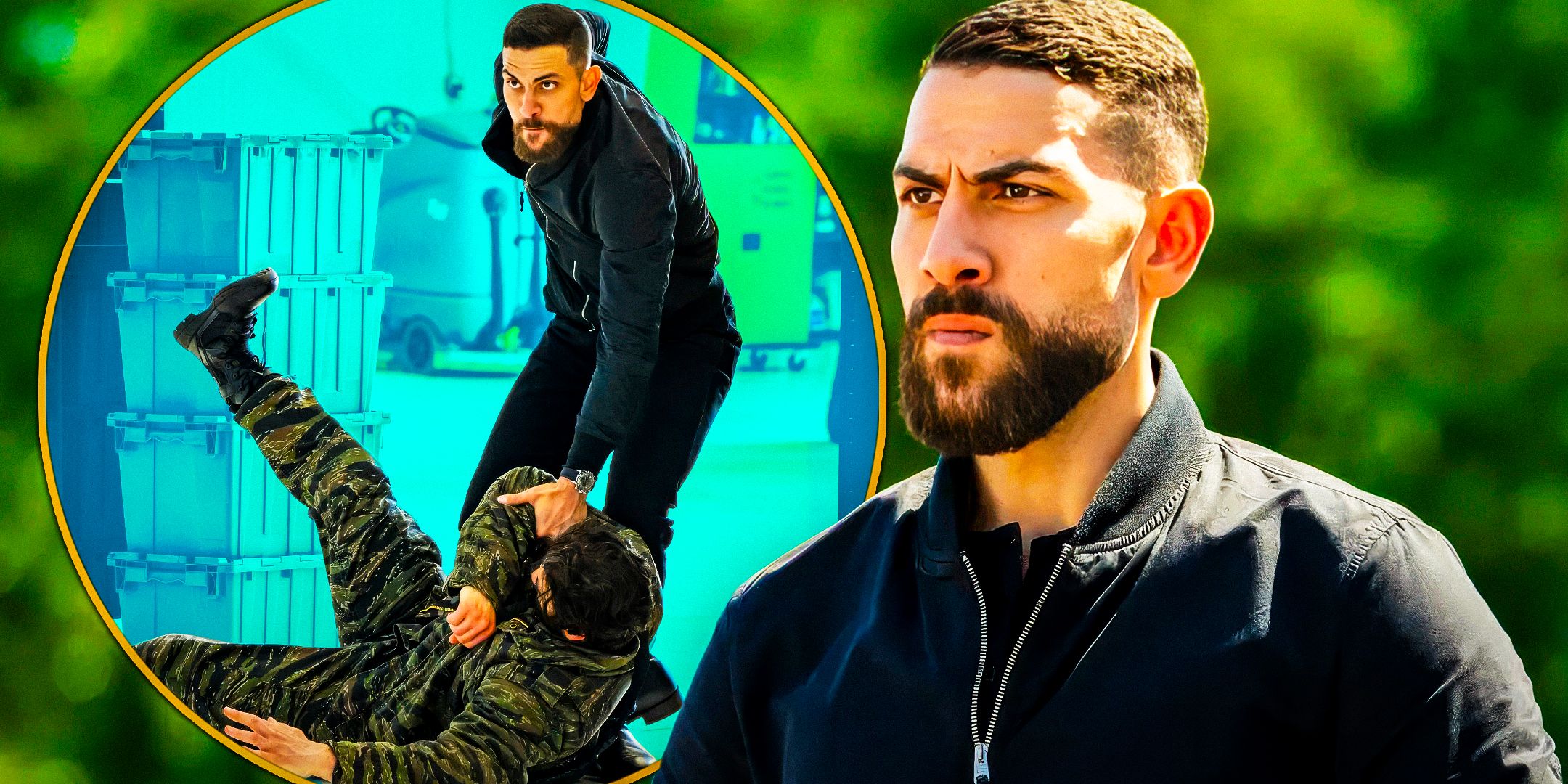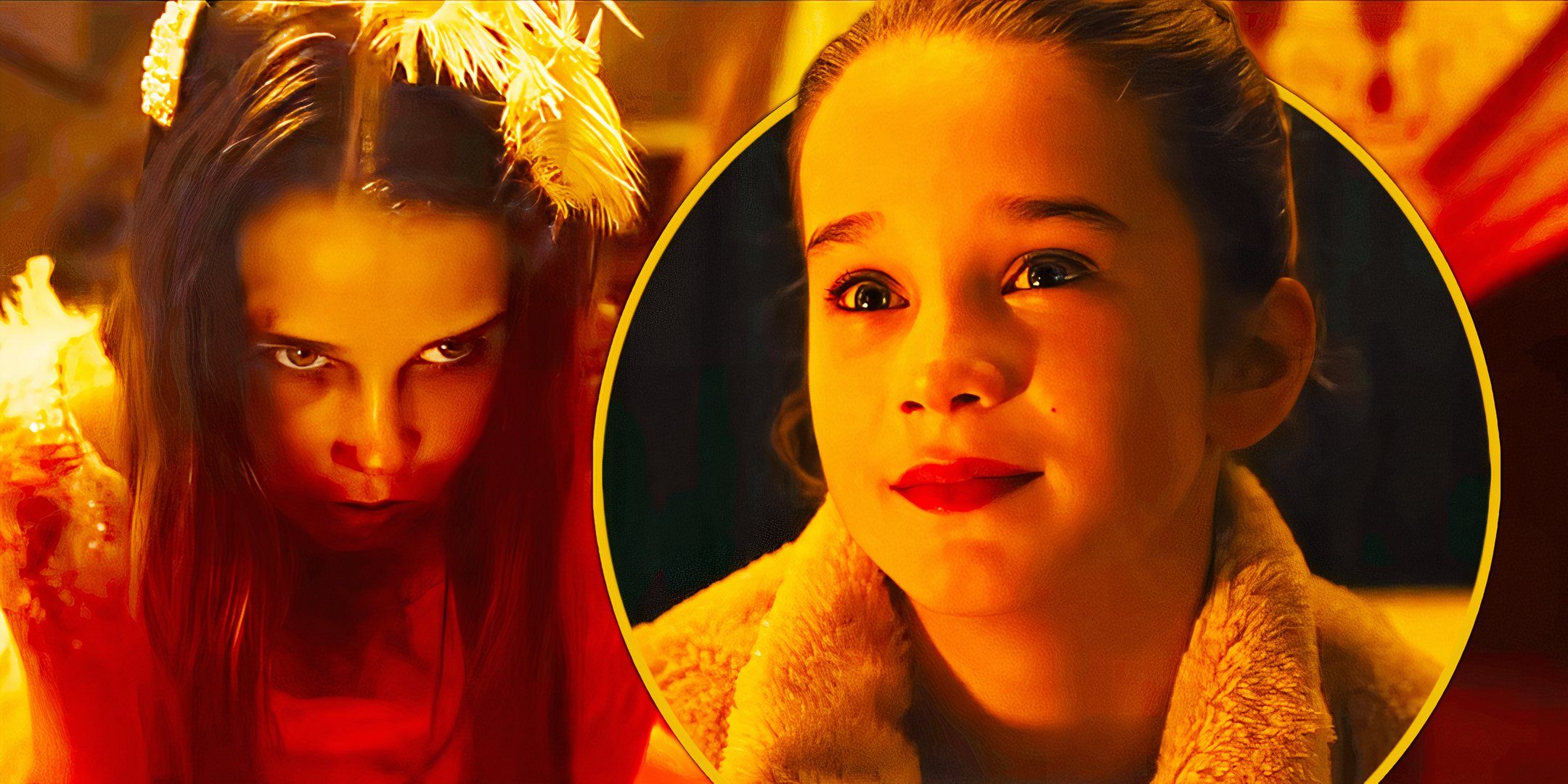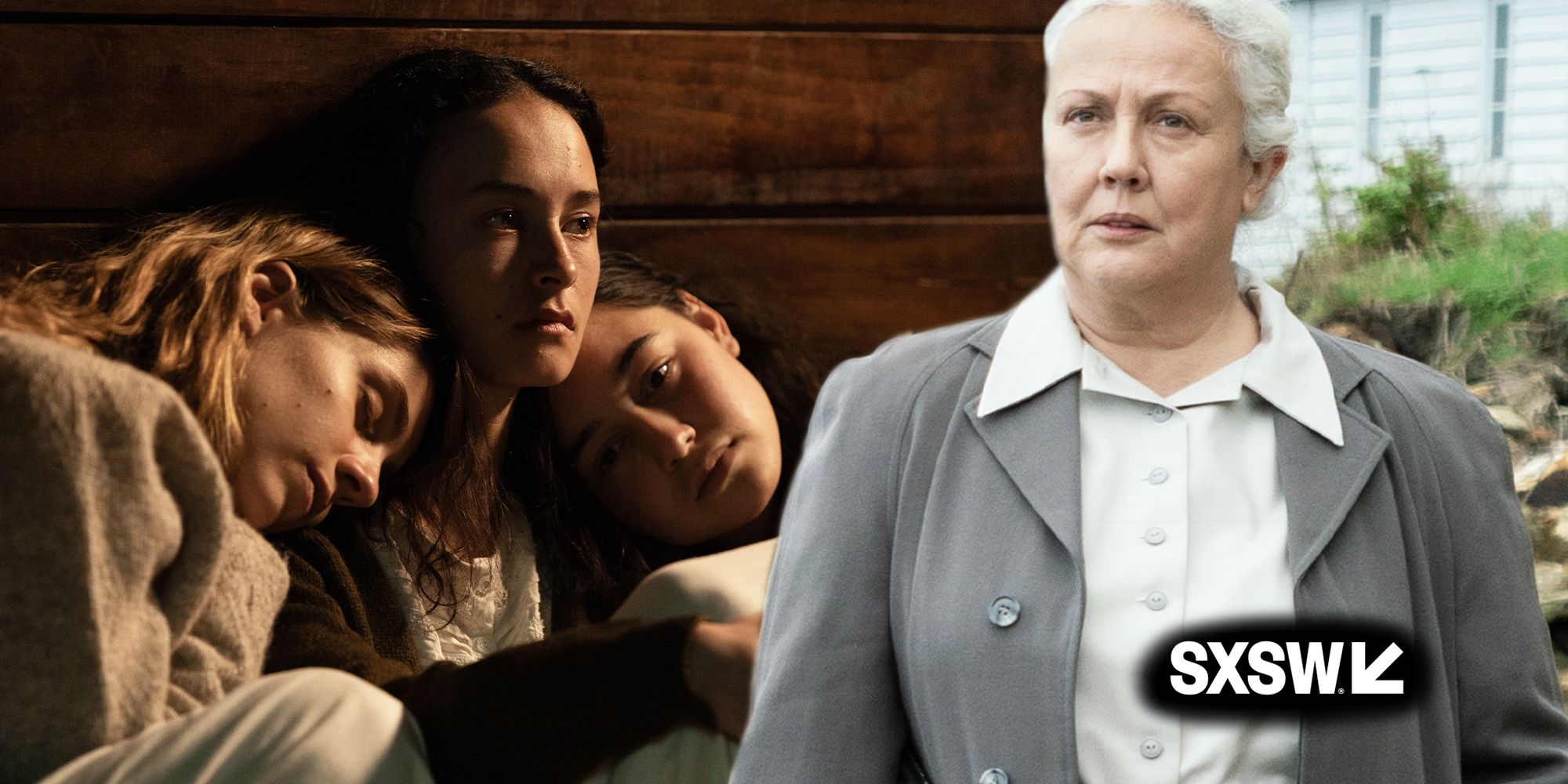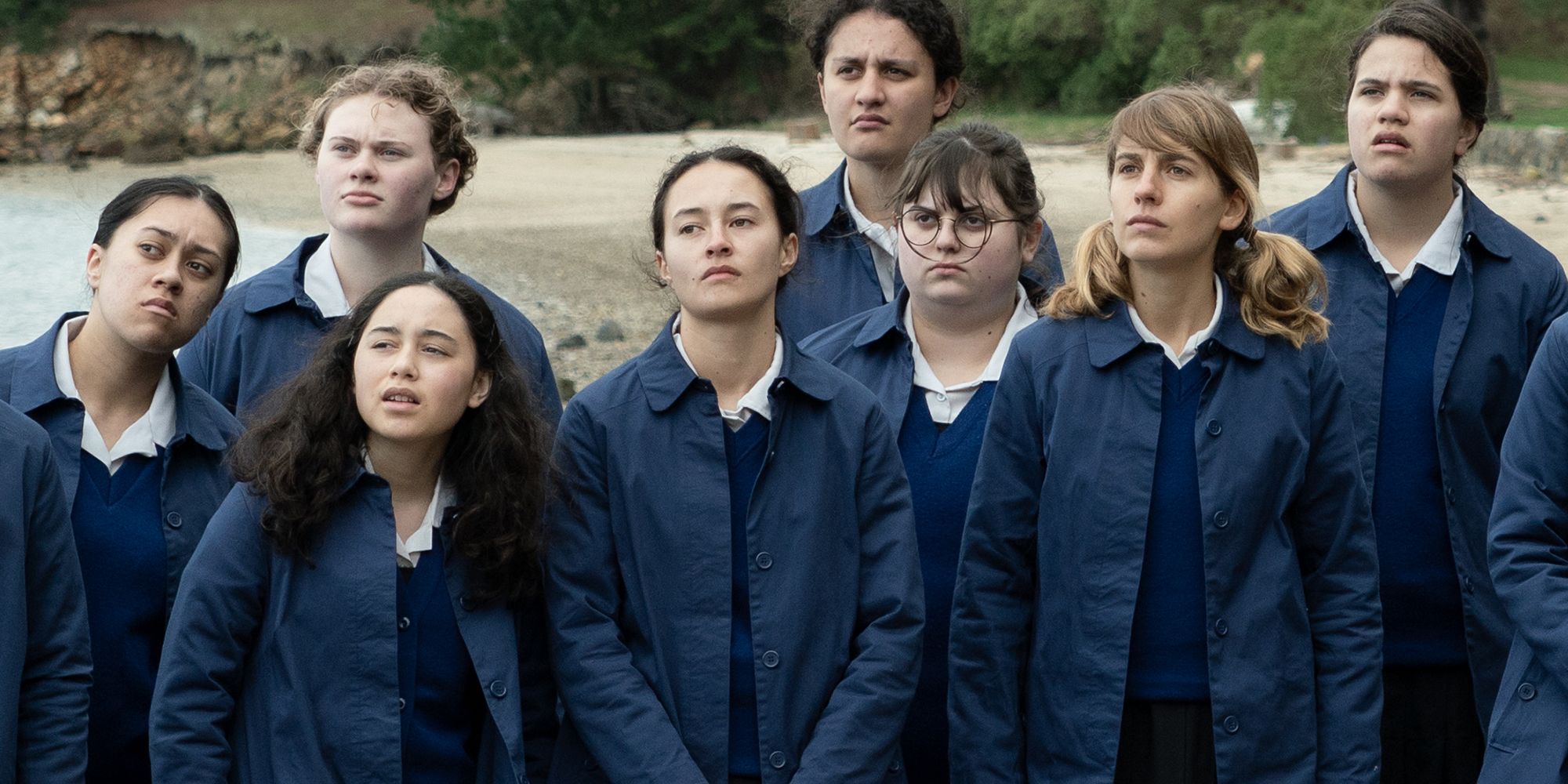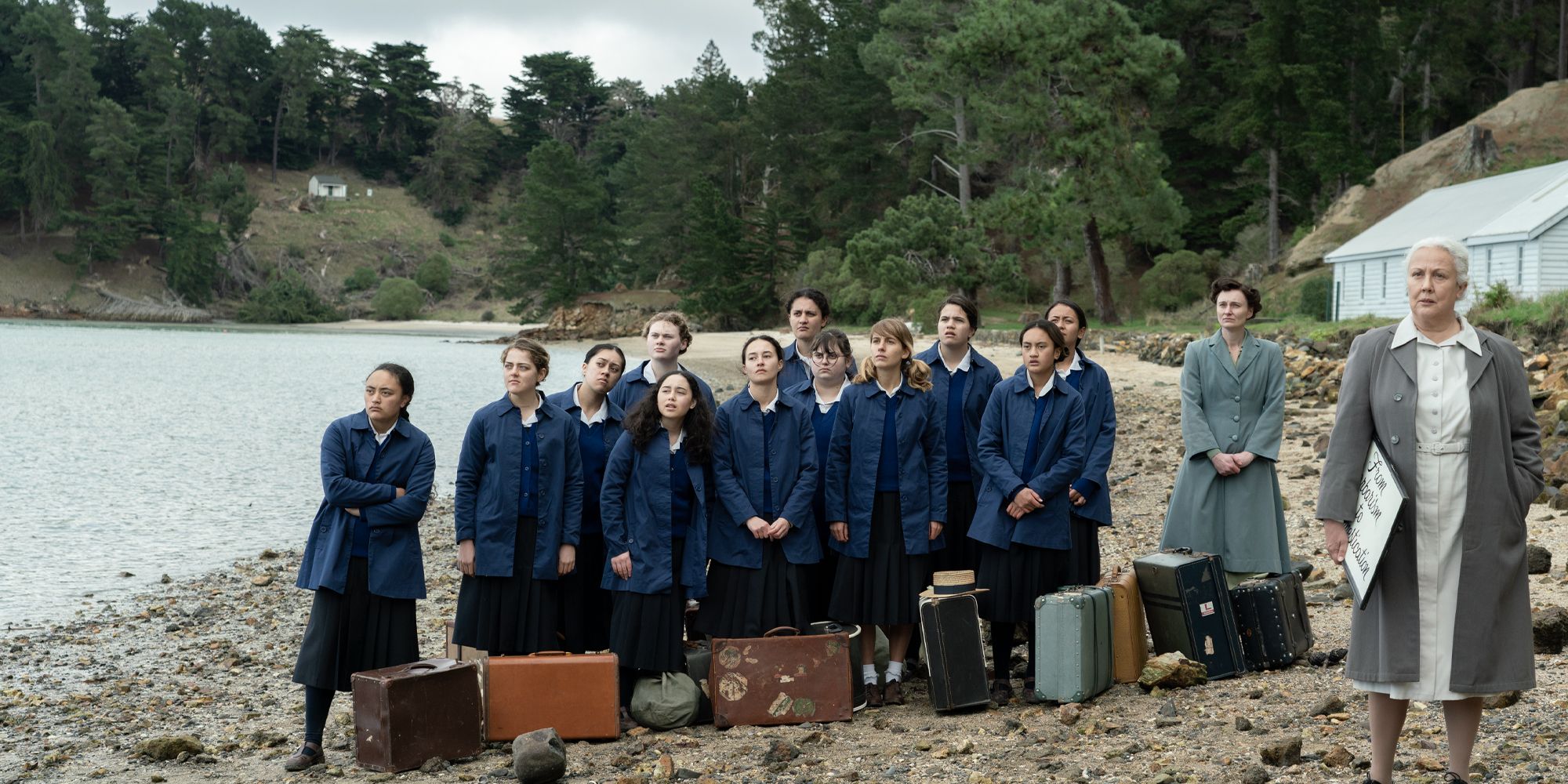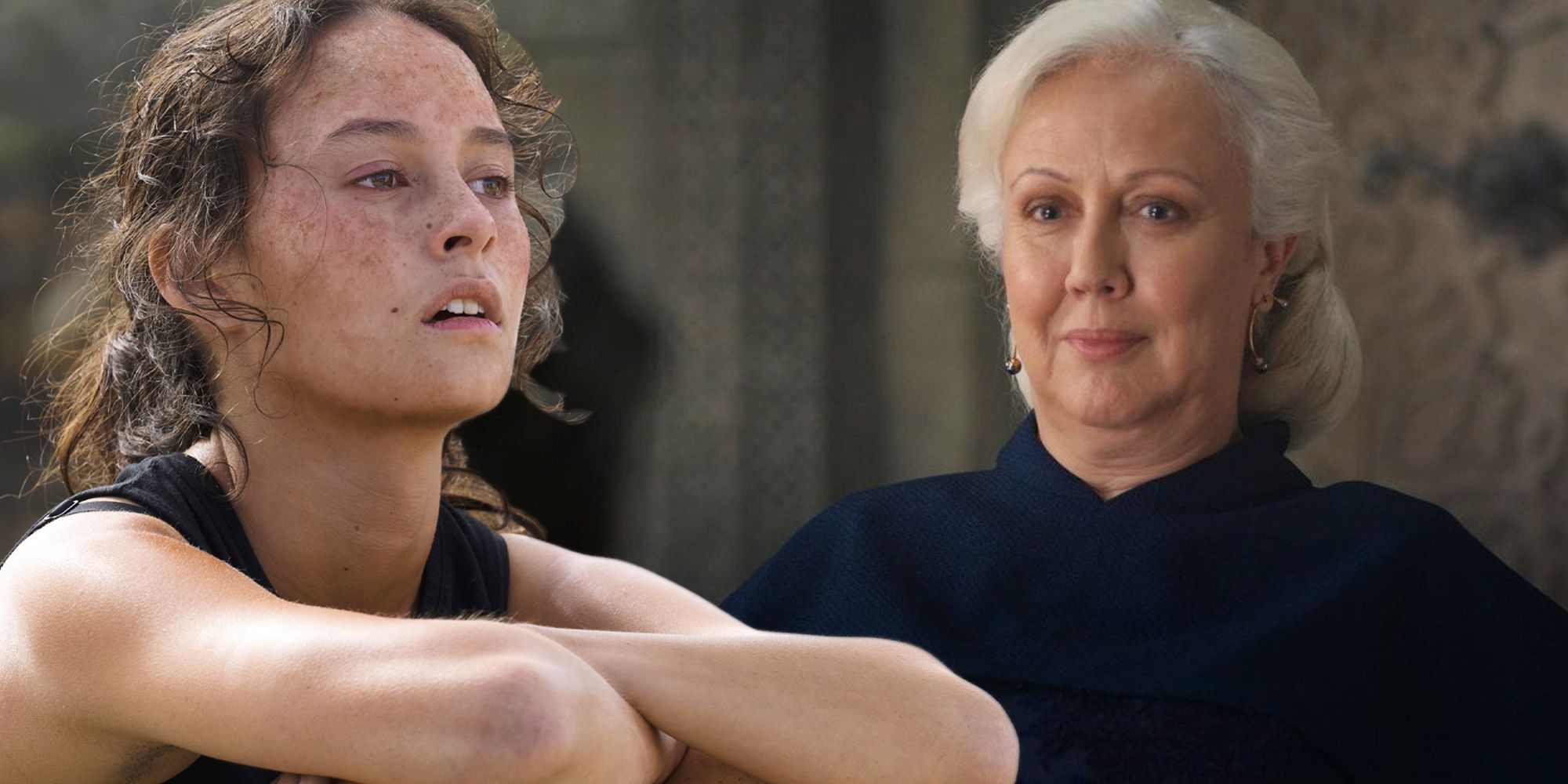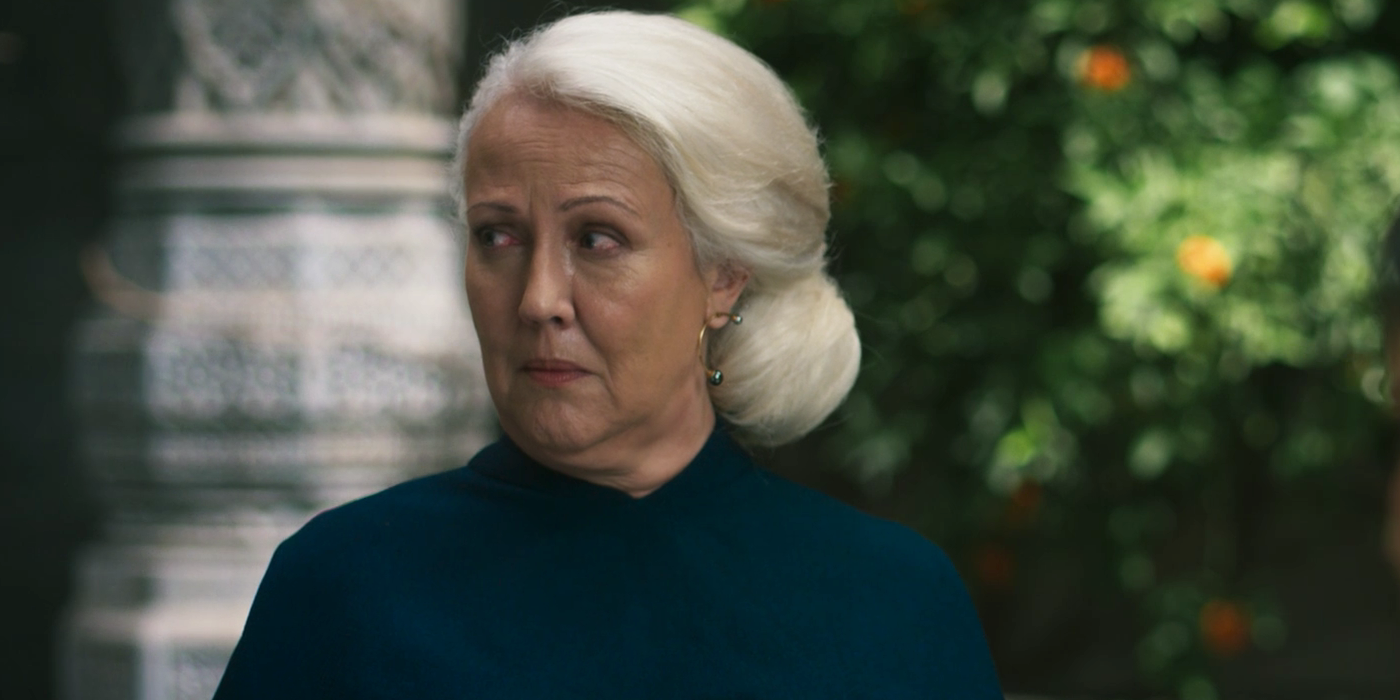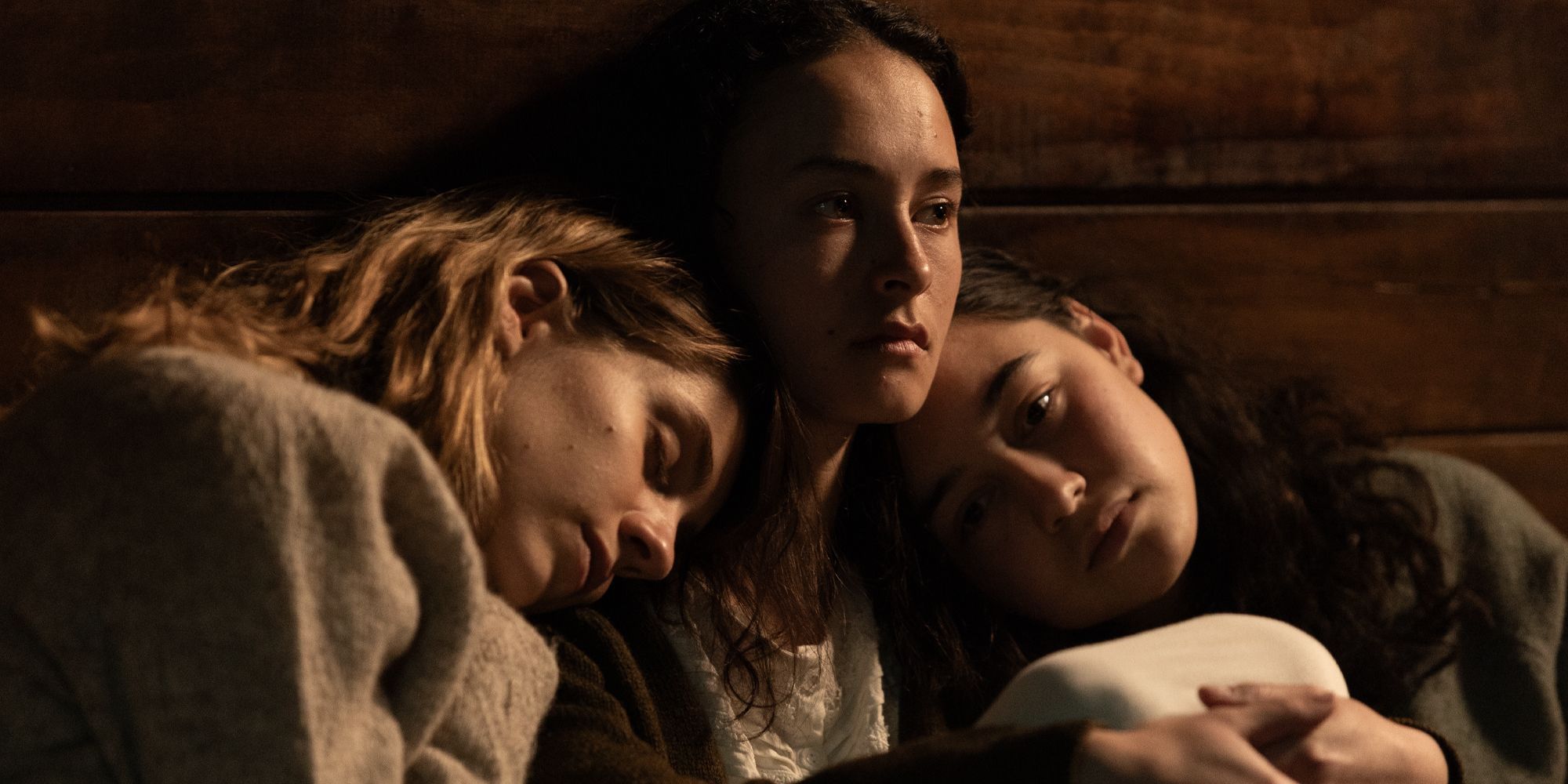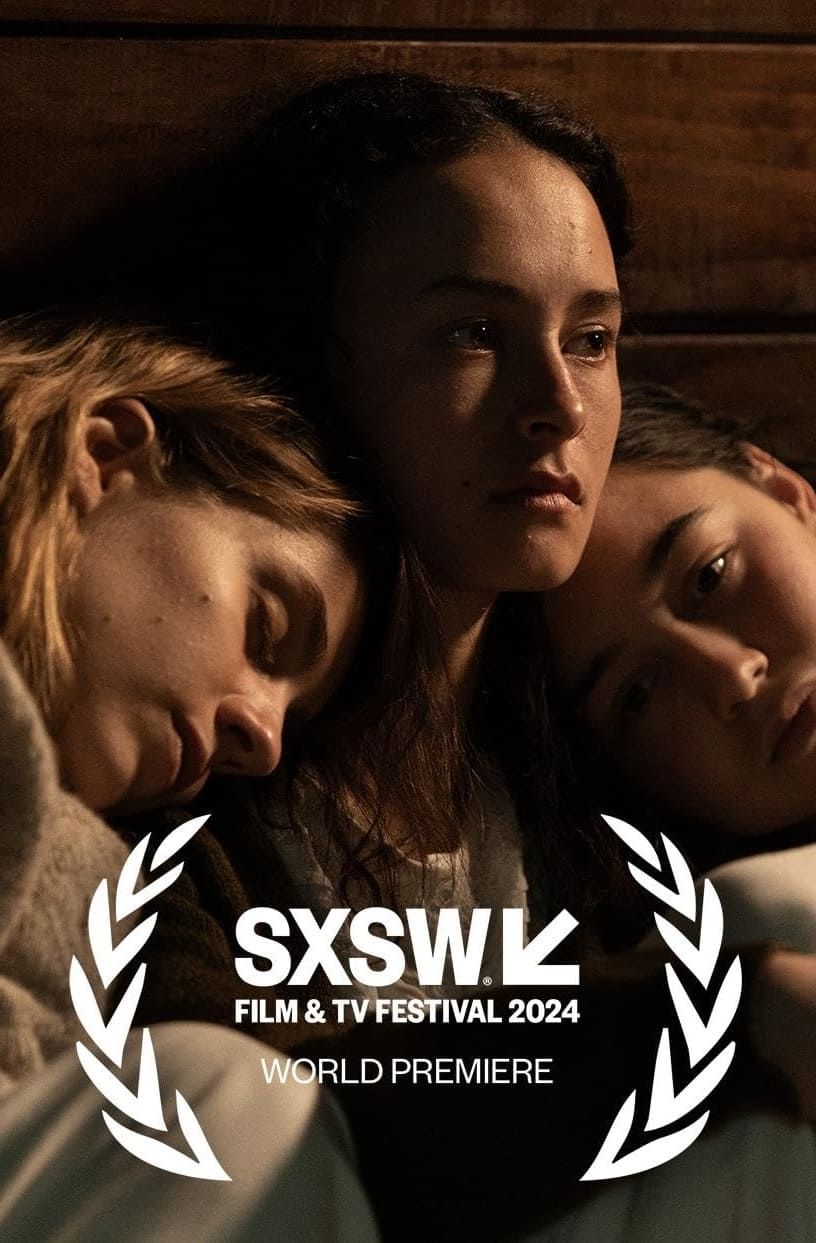Summary
- Screen Rant interviewed Erana James and Rima Te Wiata about their starring roles in We Were Dangerous.
- Director Josephine Stewart-Te Whiu's sharp writing and purposeful direction shine in this debut feature, offering a unique take on female autonomy.
- The film's standout performances, including Erana James and Rima Te Wiata's dynamic interactions, add depth and tension to the story.
We Were Dangerous is a heartfelt drama that tells the story of three misfits in 1954 New Zealand who have been institutionalized due to their so-called delinquency. The movie was directed by Māori filmmaker Josephine Stewart-Te Whiu in her feature debut and is the first feature film penned by humor writer and cartoonist Maddie Dai. The film debuted at South by Southwest 2024, where it quickly garnered favorable views quick to praise its performances, humor, and topical discussion of female body autonomy.
While the film has shades reminiscent of its executive producer Taika Waititi’s movies, the sharp writing, purposeful direction, and emotional performances make We Were Dangerous its own thing entirely. This is especially thanks to the film’s trio of teenage protagonists, composed of Nellie (Erana James), Daisy (Manaia Hall), and Louisa (Nathalie Morris), and their conflict with the unyielding Matron (Rima Te Wiata). Scenes with James and Wiata together are some of the movie’s most memorable, and tense.
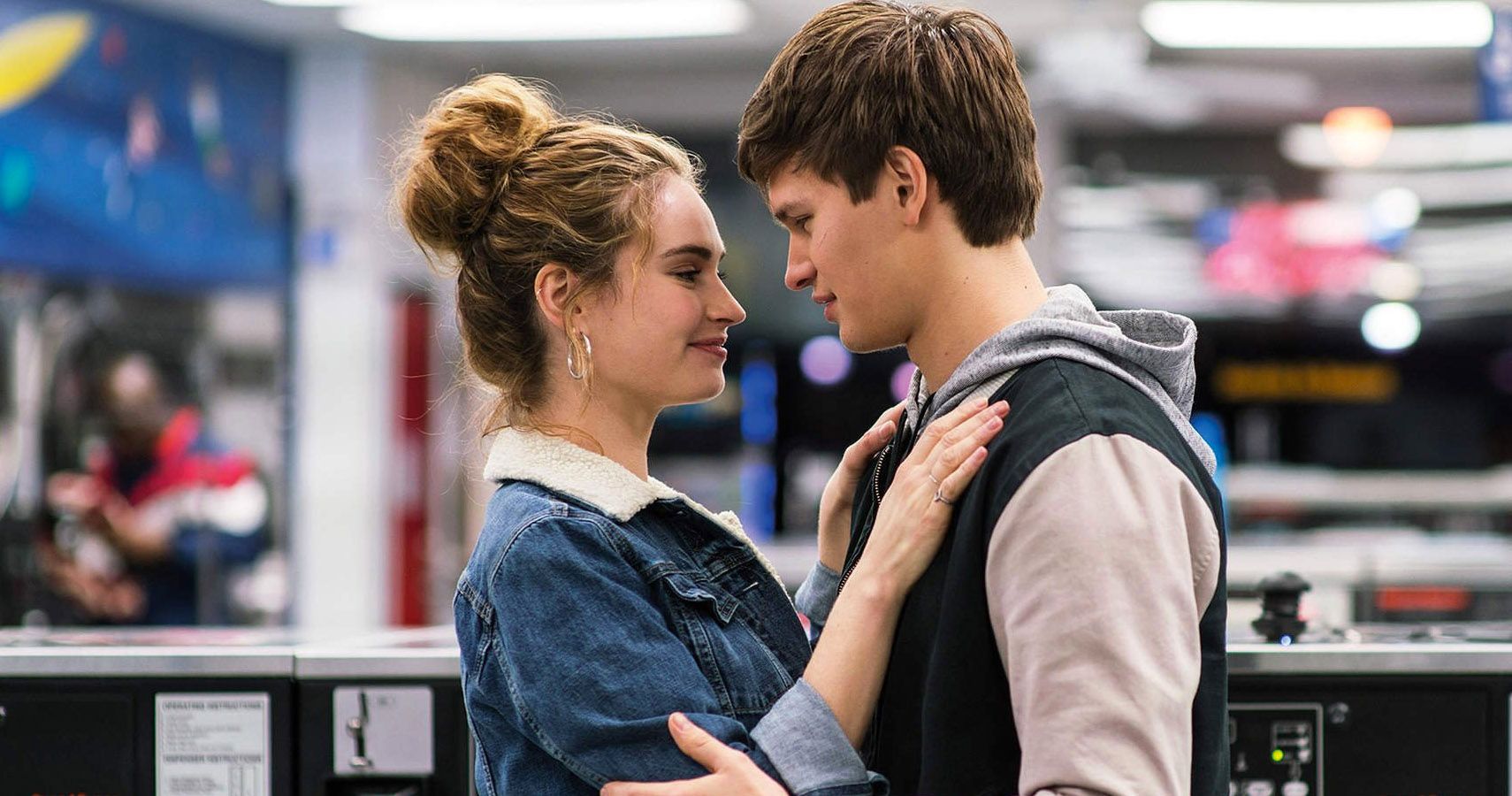
10 Most Famous Films To Come Out Of SxSW, Ranked By Rotten Tomatoes Score
SxSW is one of the most beloved film festivals out there, and these are the 10 biggest movies to come from it, ranked by Rotten Tomatoes score.
Screen Rant interviewed Rima Te Wiata and Erana James about their work on We Were Dangerous. They were quick to praise Te Whiu’s directorial techniques and praise their co-stars and dished on the experience of working together. Wiata also shared a tidbit of information about The Wheel of Time season 3.
Erana James & Rima Te Wiata Discuss Exploring & Relating To Their Characters
Screen Rant: Erana, I spoke with your director Josephine yesterday and she brought up your work on The Wilds as part of why she wanted you to be a part of this movie. It seems like there are some familiar threads, [at least in that it’s about] girls stranded on an island. Did any part of that experience help you on this one?
Erana James: I feel like the parts that helped me were more the physical making of the film, rather than what that experience leant to the character. The amount of time and, the hard hours on the cliff face with the wind and the cold—experiences like that helped me going into this film, but I feel like, character-wise, it was so different.
I know Jo's mentioned that there was something that she saw in The Wilds. I feel like throughout the whole film, I was like, “What did she see in me that connects me to Nellie?” It was a puzzle I was trying to figure out. But, in the end, I guess the play is what she loved. But, yeah, I think all the hours on the side of that cliff were pretty brutal.
Rima, you are a British-born New Zealander. This movie is set before your time, but so much of it seems to be the meeting of those cultures and Christianity coming into things—all of that plays so much into your character. Was there anything from your own experience that you were able to pull from for this?
Rima Te Wiata: I lived in England from when I was born through to eight years old before moving to New Zealand. Both my parents are New Zealanders. My father's Māori and my mother's Pākehā, which is a white New Zealander.
When I was growing up in London, I went to a school that had very old Victorian values. We had a very ancient headmistress, and I sort of fused her with another teacher that I had. It was literally the leftovers of Victoriana, but they were amazing people. They just were very strict. Just very, very strict.
Erana, was there something about the setting, or Nellie in particular, that made you really attracted to this project?
Erana James: The first thing was that I was so interested in was working with Josephine. That was the number one thing when I got the script and had my first conversations with her. But yeah, setting it in the fifties in a fictional context, but also [having it be] something that… I'm half Māori, obviously, and talking with my dad and his siblings [about] my family's experience with the institution was very interesting to me. Then [there’s] the way that it blends with the stories of female friendship and all of the loveliness that happens in this film. I feel like those two dynamics were the things that I was really interested in.
And then Nellie—Nellie is wonderful. She stumped me at first because I was like, “Who is this girl?” I just couldn't figure it out. Then, Josephine said, like, “Be yourself. It's okay,” and I was like, “Be myself? Oh my God.” It was a really hard thing to wrap my head around. I'm very proud of what I found in her as we went on, but she was more of an unknown and it was the story that I was super sure of.
Rima, over the course of this movie, the Matron goes from being kind of a straightforward villain to someone who's much more layered and sympathetic in a tragic way. How was it for you track that throughout your performance?
Rima Te Wiata: I was really keen to get that across. I didn't want it to just be black and white, [like], “Here’s the evil.” [I wanted to make it clear] for the audience that they’d be able to go in and be able to detect that she too is a victim of the system that’s trained her. She's just regurgitating what she's done, and she needs to make other people follow this because she thinks that she’s God's gift to everyone.
Josephine Stewart-Te Whiu's Direction Impacted Everyone's Performances
I love the tone of this movie because it a dark subject and it goes to dark places, but it's so freaking funny--especially the Nellie and Daisy interactions. How was it to make sure you weren't going too far into the darkness or the humor?
Erana James: Yeah, that's so interesting. I'm so thrilled that the relationship with me and Daisy is something that offers so much joy and light. Obviously, you can read that in the script, but getting there is something different. The instinct a lot of the time, especially, I think, for me and Natalie—if I can speak [for her], she’d probably find this funny…we're, like, 23-year-old actors, and we're like “doing the serious job.”
I think the instinct sometimes was for us to like, try to get in there. It was an important reminder [that] Josephine would give us, like, “Okay, that's a great place to be sitting in, but not at this point.” I think I was tempted a lot of the time to do the drama and find the drama in things, but we would go in that direction and then Josephine would be like, “Okay, now let's just shine a little bit of light into it over here.” It’s like the darkness was layered in, so then we could lift it off from having gone to that place already.
Rima Te Wiata: I thought Jos was an amazing director to work with, and for a first feature, she is so centered and grounded and trustworthy. She listens to your concerns. What I really loved about working with her was the way that she doesn’t perform being a director, if you know what I mean. She didn’t need to [go], “Okay, everyone! Now, here we are!” She didn’t do any of that. She’s just a centered, quite light presence—almost ethereal—and yet the power of what she has to offer is about asking the actor a question.
She’d come over and it was almost like it was going into my subconscious. She’d just say, “And what would happen if she…” and then she’d just to back like a little ladybird to the wall and observe again. You’d have the suggestion, and so you’d do another take with that mind. She wasn’t one of those directors that goes, “Fantastic. That was brilliant. Did it.” She doesn’t do that. It’s just, “And now what would happen if…” You’re in this constant process of fulfilling micro sort of things. Just finding the balance of what she wants from a take. I really loved working with her.
Erana, when I spoke with Josephine, I complimented how well you, Manaia, and Nathalie work together, and she said she gave you all kinds of homework to do when you weren’t filming. Do you have a favorite thing you had to do?
Rima Te Wiata: [She gave us] exercises that we did before we started the shoot. They were fascinating.
Erana James: She asked me to write letters in character to Daisy and to Nathalie, basically before our escape from the island, and give them words of encouragement and words of wisdom for them to take with them. When we met each other, I stood up and I performed that. I also drew some art for them, and she asked Manaia to sing a song for each of us. She wrote a song which she performed for us. It was amazing.
Rima Te Wiata: [It was to] foster the connections so that it’s what the scenes are about instead of, “Am I doing good acting?” If you know what I mean. It’s about these relationships, so that you can let go of all that and get on with what the crux of the scene is.
Erana James: She wanted me to buy them each a gift—something small. I think I bought everyone crystals or something, and it was to do with the energy of them as a person, and also of the character. Then, that was something that they could have with them in the scene, to layer in those relationships.
Obviously, you only get to spend six weeks with people when you do this work, but especially in mine and Manaia’s case, we’re cousins. [Our characters] have such a long history with each other, and it was such a beautiful way to build that so quickly. Especially for Manaia, who hadn’t worked as an actor before.
Rima Te Wiata: The way that you and Nathalie behaved with her off set too—it was so beautiful to watch. You really did nurture her and look after her, and I found that a beautiful thing.
Erana James & Rima Te Wiata Share Their Most Memorable Moments With Each Other
I would love to know each of your favorite scenes with the other person.
Rima Te Wiata: There were some pretty ghastly ones, really. Most of the ones that spring to mind, the ones about combat and [power] wrangling, were also very disturbing and unpleasant. I wouldn't say it was the most enjoyable, but it was the most indelible.
Erana James: I agree. I sort of forgot how awful the scene is because, especially at the top of it, I had so much fun in the play with you. But when Matron comes into our hut and does the inspection, and finds the things that she wasn’t meant to and cuts my hair off, it’s awful.
That was a really hard scene to film, but [with] the way that we worked and the way that we shot it, the dance that you and I got to do at the top of that scene, it was so enjoyable to work with you like that, Rima. I remember after that day we were just so thrilled that we got to have a scene like that and got to work with each other in that way. So, that was my favorite scene.
Rima Te Wiata Reveals That Sheriam Bayanar Will Not Be In The Wheel Of Time Season 3
Rima, as someone who has read The Wheel of Time book series twice through… You were fantastic in that show. Is there anything that you can say about where we’ll see you in season 3?
Rima Te Waita: I’ll give away that [Rafe Judkins] did indicate to me personally, when he was doing season two, that if there’s another season... I couldn’t be in season three because of the books—they couldn’t get her to fit into the story—but he was going, “Look, we’ve got plans for you in season four. Whether that happens or not, we just don’t know. You’ve got to wait for things to be greenlit. But I thought the fact that he took the time to do that when he’s so busy was pretty amazing.
About We Were Dangerous
We Were Dangerous follows a misfit trio determined to rally against the system in 1950s New Zealand. This story reminds us that the sovereignty over women’s bodies has long been threatened, but in many cases won, through the power of female solidarity.
- Also check out our interview with We Were Dangerous filmmakers Josephine Stewart-Te Whiu, Maddie Dai, and Morgan Waru.
We Were Dangerous premiered at South by Southwest as part of the festival’s Narrative Feature Competition.


